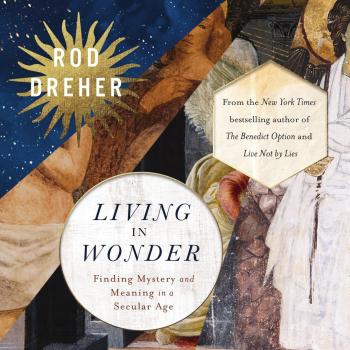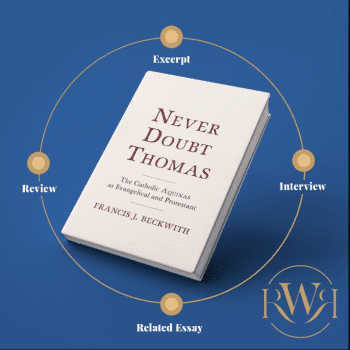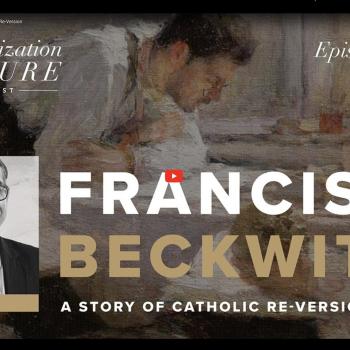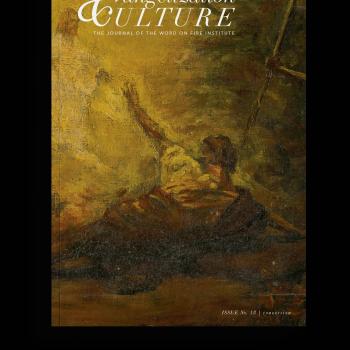In 2007, I published an article at First Thing‘s On the Square, “When the Saint Goes Swearing In.” It was a review essay of Hugh Hewitt’s 2007 book, A Mormon in the White House? Given the scuttlebutt over comments made by the gentleman who introduced Governor Rick Perry at the Value Values Summit last year, the Rev. Robert Jeffress (Pastor, First Baptist Church, Dallas), as well as the strange stuff emanating from MSNBC, my First Things review essay has become relevant again. Here’s an excerpt:
Swearing In.” It was a review essay of Hugh Hewitt’s 2007 book, A Mormon in the White House? Given the scuttlebutt over comments made by the gentleman who introduced Governor Rick Perry at the Value Values Summit last year, the Rev. Robert Jeffress (Pastor, First Baptist Church, Dallas), as well as the strange stuff emanating from MSNBC, my First Things review essay has become relevant again. Here’s an excerpt:
As for “the Mormon Question,” Hewitt accurately presents LDS theology and does a fine job of shooting down the sorts of ridiculous bigotries that Romney will likely face during his run. Hewitt also offers clear and persuasive responses to several more serious objections to Romney’s candidacy—for example, “A Mormon president will supercharge Mormons’ missionary work,” “[Mormonism] is just too weird.” Most important, Hewitt addresses what I call the Creedal Mistake.
This mistake occurs when a Christian citizen believes that the planks of his creed are the best standard by which to judge the suitability of a political candidate. For example, suppose a Presbyterian votes for one of Romney’s primary opponents solely on the basis of the governor’s rejection of the Nicene Creed. An elder who did this would not truly understand the purpose of creeds: to provide church members and the world at large a summary of beliefs that one must embrace in order to be considered an orthodox member of that body. Creeds are not meant to measure the qualifications of a political candidate in a liberal democracy. Not only does the formulation of Christendom’s most important creeds predate the existence of liberal democracies, their subject matter bears no relation to assessing those attributes that we consider essential to the leadership of a political regime. In practice, most Christians already fully grasp this truth.For example, many evangelicals in the 1980 presidential election voted for Ronald W. Reagan over Jimmy Carter, even though Carter was clearly more evangelical in his theology and church participation than Reagan. For Reagan’s supporters, it was his policies and not his theology that was decisive for them. Although these evangelicals would have likely chosen Carter over Reagan to teach Sunday school, they preferred Reagan in the Oval Office because they believed that Reagan’s policies best advanced the common good.
Read the whole thing here.
















